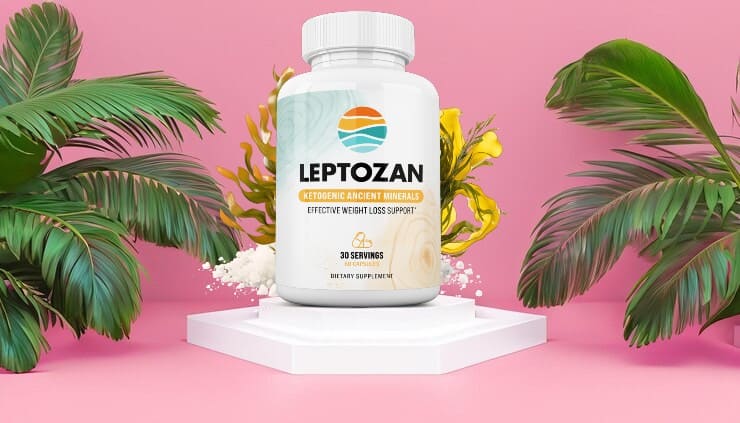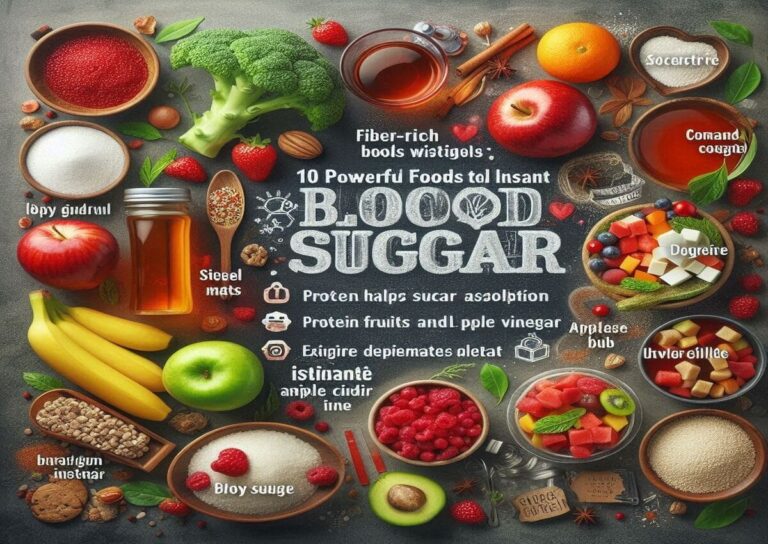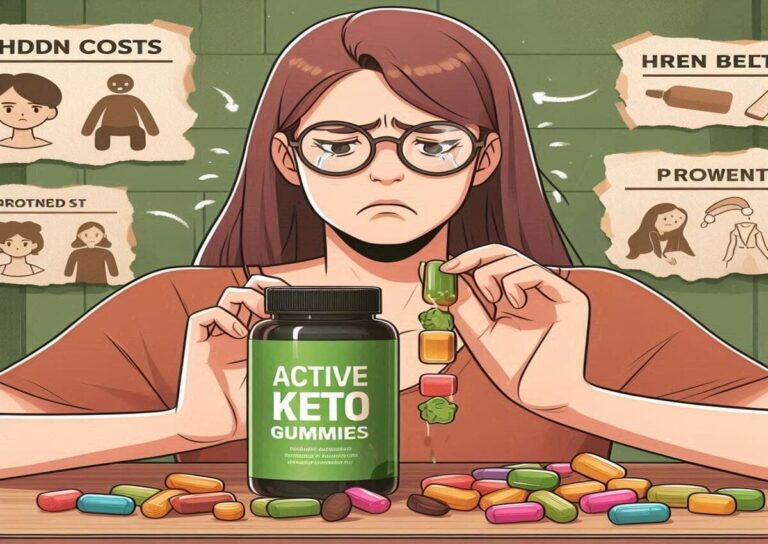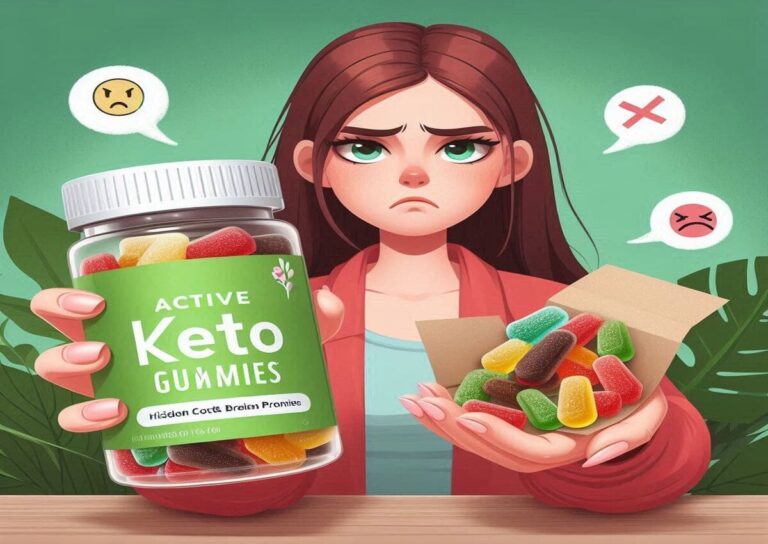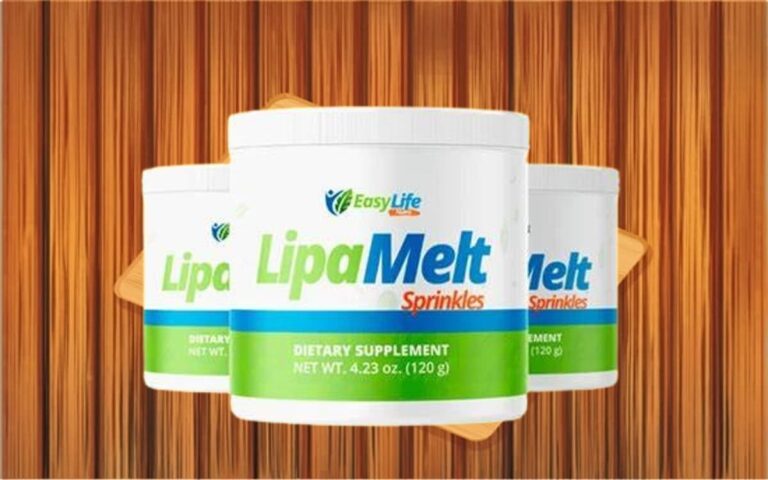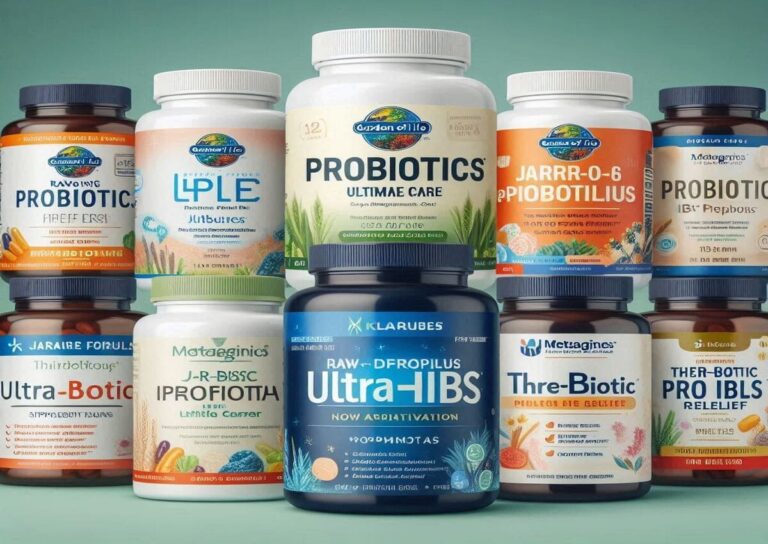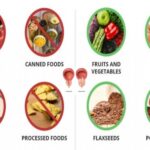
For men suffering from chronic prostate issues like prostatitis or benign prostate hyperplasia (BPH), identifying and avoiding dietary irritants can provide much-needed relief of symptoms.

Certain foods contain compounds and chemicals that can aggravate the prostate, triggering painful inflammation, difficult urination, and pelvic discomfort.
By understanding what foods that irritate the prostate commonly trigger prostate problems and reducing their consumption of these irritants, many men discover significant improvements in their condition.
The prostate, a small gland integral to the male reproductive system, often goes unnoticed until issues arise. Its health is crucial for overall well-being, particularly concerning urinary and sexual functions.
Surprisingly, diet plays a pivotal role in prostate health, with specific foods having the potential to impact it adversely.
Also Read: Best Foods That Shrink Enlarged Prostate
A. The Significance of Prostate Health
The prostate, roughly the size of a walnut, resides beneath the bladder, encircling the urethra. It aids in producing seminal fluid, nourishing and transporting sperm during ejaculation. This gland’s optimal function is paramount for fertility and sexual performance.
B. Understanding the Dietary Impact on Prostate Health
Studies have highlighted the intriguing connection between diet and prostate health. Certain foods possess the ability to influence inflammation levels, hormonal balance, and cell growth within the prostate gland.
Consequently, some dietary choices can either bolster or impair prostate health.
C. Purpose of This Article
This comprehensive guide on foods that irritate the prostate aims to shed light on the impact of food choices on prostate health. We’ll delve into specific foods notorious for irritating the prostate, discussing how they might exacerbate or trigger discomfort.
By identifying and understanding these dietary triggers, individuals can make informed choices to safeguard their prostate health.

Overview of Foods That Irritate The Prostate
An irritated, inflamed prostate contributes to some of the most troublesome and difficult-to-treat men’s health issues. From prostatitis to frequent late-night bathroom trips caused by BPH, enlarged prostate problems impact over half of men by age 60.
The good news is that avoiding certain dietary triggers can dramatically alleviate prostate irritation and inflammation.
In this guide on Foods That Irritate The Prostate, learn what foods commonly contribute to prostate issues due to their inflammatory, irritating effects and discover simple diet and lifestyle changes to find prostate pain relief.
Identifying and eliminating food triggers can mean the difference between suffering from severe prostate problems or experiencing dramatic symptom improvement.
Understanding Prostate Irritation
A. Prostate Irritation: Causes and Implications
Prostate irritation refers to inflammation or discomfort within the prostate gland. This condition can manifest in various forms, including prostatitis, characterized by pain, urinary issues, and sometimes sexual dysfunction.
Causes of prostate irritation range from bacterial infections to lifestyle factors, such as prolonged sitting, stress, and dietary choices.
B. Diet’s Impact on Prostate Health
The role of diet in prostate health is multifaceted. Certain foods, especially those high in saturated fats, processed sugars, and refined carbohydrates, have been associated with increased inflammation levels and hormonal imbalances, both of which can exacerbate prostate irritation.
Conversely, a diet rich in antioxidants, vitamins, and healthy fats might help mitigate inflammation and support prostate health.
Suggested Article: 5 Best Prostate Health Supplements That Shrink Enlarged Prostate
C. Identifying Trigger Foods for Prostate Health
Recognizing foods that can potentially trigger prostate irritation is crucial for proactive management. By pinpointing and subsequently limiting or avoiding these trigger foods, individuals can reduce the risk of exacerbating prostate-related discomfort.
A comprehensive understanding of these dietary triggers empowers individuals to make informed choices for better prostate health.

Foods That Irritate the Prostate
A. Spicy Foods and Prostate Irritation
Spicy foods, known for their zesty and fiery flavors, may provoke prostate irritation in some individuals. The capsaicin compound found in chili peppers, responsible for their heat, might potentially exacerbate prostate symptoms for those prone to irritation.
1. Impact of Spicy Foods on the Prostate
Capsaicin’s heat-inducing properties can stimulate nerve endings, leading to increased blood flow and potential irritation in the prostate gland.
For some individuals, especially those with existing prostate issues, consuming spicy foods can intensify inflammation, causing discomfort or exacerbating urinary symptoms.
2. Common Spicy Foods to Approach with Caution
- Chili Peppers: Including varieties like jalapeños, cayenne, habaneros, and other hot peppers.
- Curries: Dishes featuring spicy curry blends or sauces.
- Salsa and Hot Sauces: Condiments with high capsaicin content.
- Wasabi and Horseradish: Commonly used in sushi and condiments.
Moderating or avoiding these spicy foods may be advisable for individuals experiencing prostate discomfort or seeking to minimize irritation.
Related Article: Best Foods To Eat During Prostate Radiation Treatment
B. Dairy Products and Prostate Irritation
1. Impact of Dairy Products on Prostate Health
Dairy consumption has been a subject of interest in prostate health discussions. Some studies suggest a potential link between high intake of dairy products—particularly whole milk, cheese, and butter—and an increased risk of prostate issues.
The exact mechanisms are not fully understood, but it’s believed that certain components in dairy, like calcium and saturated fats, might contribute to prostate irritation.
Research indicates that excess calcium, often prevalent in dairy products, might interfere with the body’s ability to regulate hormones, potentially impacting prostate health.
Moreover, saturated fats found in dairy might promote inflammation, which could worsen existing prostate discomfort or irritation.
2. Common Dairy Products to Limit or Avoid
- Whole Milk: High in saturated fat and calcium.
- Cheese: Especially aged or high-fat varieties.
- Butter and Cream: Rich in saturated fats.
- Ice Cream: Typically high in sugar and saturated fat.
Individuals concerned about prostate health may consider reducing their consumption of these dairy products or opting for lower-fat and calcium-reduced alternatives.
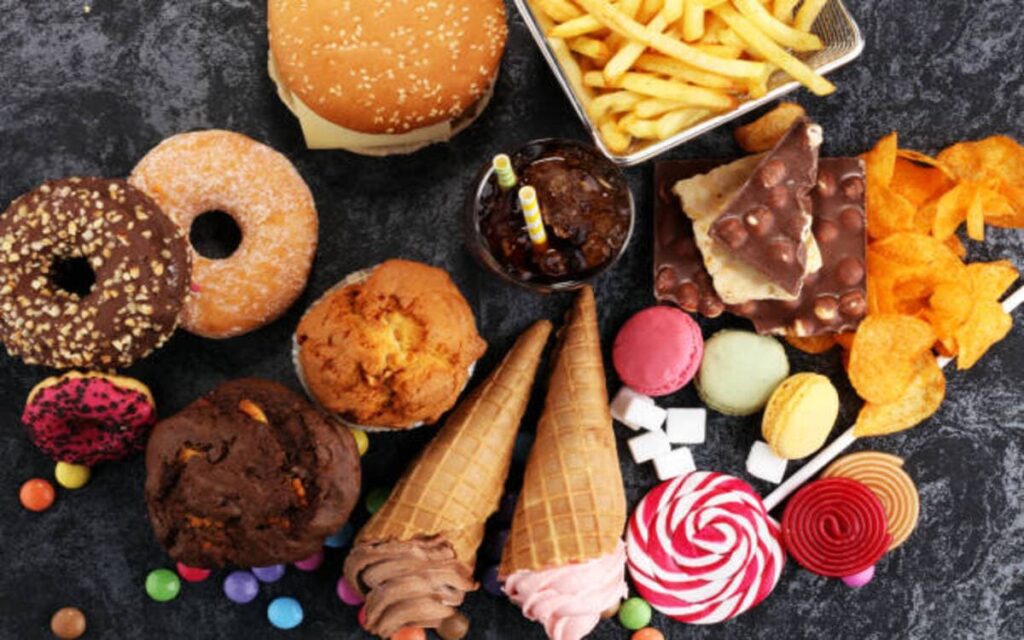
B. Caffeine and its Impact on Prostate Health
Caffeine, a widely consumed stimulant, has garnered attention concerning its potential effects on prostate health, although the research remains inconclusive.
1. Relationship between Caffeine Intake and Prostate Irritation
Studies exploring the connection between caffeine intake and prostate health have presented conflicting findings.
Some research suggests that excessive caffeine consumption might exacerbate urinary symptoms in individuals with prostate issues, potentially triggering irritation.
Caffeine’s diuretic properties might lead to increased urinary frequency and urgency, causing discomfort.
However, other studies haven’t definitively established a direct correlation between moderate caffeine consumption and prostate irritation.
The impact appears to vary among individuals, and factors such as overall health and caffeine sensitivity could influence its effect on prostate-related symptoms.
Also Read: Best Formula That Stop Neuropathy Nerve Pain
2. Types of Caffeinated Beverages or Foods to Moderate for Prostate Health
- Coffee: Especially high in caffeine; both regular and decaffeinated versions might affect some individuals.
- Tea: Contains varying caffeine levels, with black and green tea having notable amounts.
- Energy Drinks: Often contain high levels of caffeine and other stimulants.
- Chocolate: Contains lower amounts of caffeine but might still impact sensitive individuals.
While moderate consumption of caffeinated beverages might not pose significant risks to prostate health in most individuals, those experiencing prostate discomfort may consider limiting or moderating their intake to assess its effects.
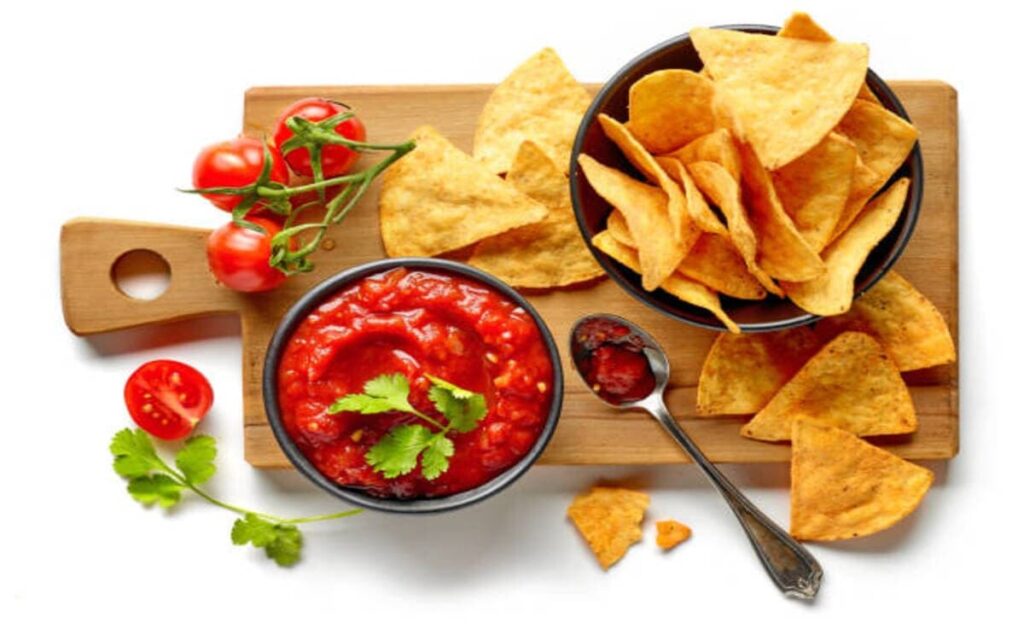
C. Dairy Products and Prostate Irritation
1. Potential Link between Dairy Consumption and Prostate Issues
Research investigating the association between dairy consumption and prostate health has yielded intriguing yet inconclusive results.
Some studies suggest a potential correlation between a higher intake of certain dairy products and an increased risk of prostate issues, including inflammation and discomfort.
The exact mechanisms behind this relationship remain under scrutiny. It’s proposed that components like calcium, saturated fats, and certain hormones present in dairy might contribute to prostate irritation.
However, the evidence is not yet robust enough to draw definitive conclusions regarding causality.
2. Types of Dairy Products Potentially Triggering Prostate Irritation
Certain dairy products are commonly identified as potential triggers for prostate discomfort:
- Whole Milk: Contains higher levels of saturated fat and calcium.
- Cheese: Particularly aged or high-fat varieties.
- Butter and Cream: Rich in saturated fats.
- Ice Cream: Often high in sugar and saturated fat.
For individuals concerned about prostate health or experiencing symptoms of irritation, reducing the intake of these specific dairy products might be considered as part of dietary management.
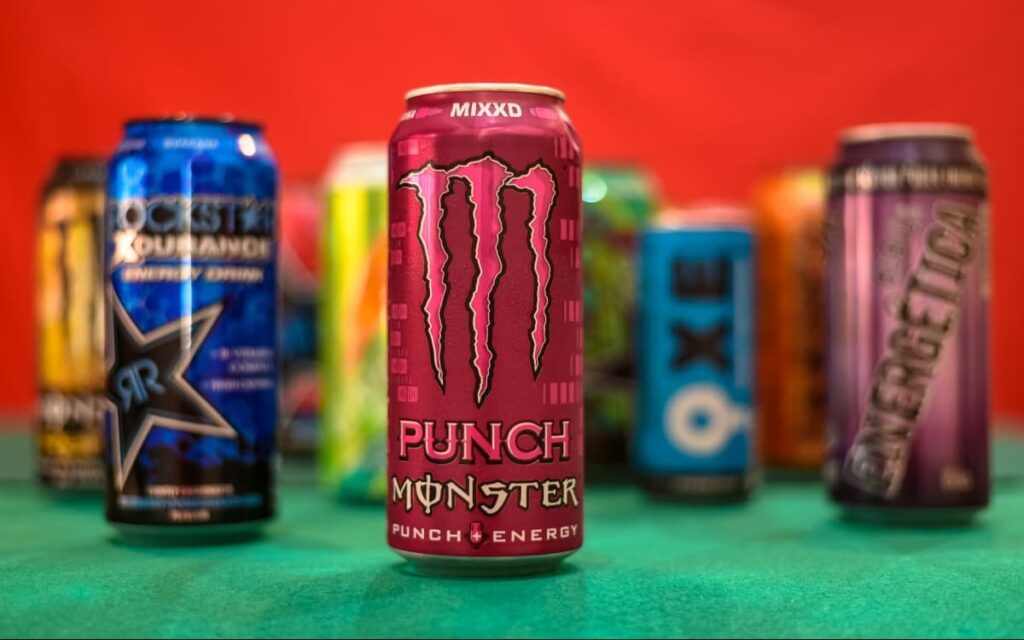
D. Alcohol and Prostate Health
Alcohol consumption’s impact on prostate health has been a subject of interest in various studies, albeit with mixed findings regarding its direct influence on prostate irritation.
1. Effect of Alcohol Consumption on Prostate Irritation
The relationship between alcohol intake and prostate health is complex and not yet fully elucidated. Some studies suggest that excessive alcohol consumption, especially heavy or chronic drinking, might contribute to prostate issues.
Alcohol’s metabolites could potentially influence hormonal pathways, leading to inflammation or aggravating existing prostate discomfort in susceptible individuals.
However, research results regarding moderate alcohol consumption’s impact on prostate irritation remain inconclusive.
Certain compounds in alcoholic beverages, like antioxidants in red wine, have been associated with potential health benefits. Yet, excessive alcohol intake poses various health risks and might indirectly impact prostate health.
2. Recommended Limits or Moderation of Alcoholic Beverages for Prostate Health
- Beer: Contains varying alcohol levels; excessive consumption might pose risks.
- Spirits and Liquor: Higher alcohol content; moderation is advisable.
- Wine: Some studies suggest potential health benefits in moderate amounts; however, excessive intake should be avoided.
Given the conflicting evidence, moderation is key when it comes to alcohol consumption for those concerned about prostate health. Abiding by recommended limits or reducing alcohol intake could be a prudent approach to potentially mitigate prostate-related discomfort.

Also Read: 5 Best Prostate Health Supplements That Shrink Enlarged Prostate
E. Processed and Red Meats: Their Influence on Prostate Health
1. Connection between Processed/Red Meats and Prostate Irritation
Research has suggested a potential link between high consumption of processed or red meats and an increased risk of prostate issues, including irritation and inflammation. Processed meats often contain additives and preservatives, while red meats like beef, pork, and lamb possess saturated fats and certain compounds that might contribute to prostate discomfort.
Studies propose that compounds like heterocyclic amines (HCAs) and polycyclic aromatic hydrocarbons (PAHs), formed during the cooking process of red meats or through meat preservation methods, might have adverse effects on prostate health. Additionally, the high-fat content in red meats could potentially exacerbate inflammation, influencing prostate health negatively.
2. Examples of Processed/Red Meats to Minimize in the Diet
- Hot Dogs and Sausages: Typically processed and high in preservatives.
- Bacon: Contains high levels of saturated fat and additives.
- Steak and Ground Beef: Red meats with potential associations to prostate discomfort.
Reducing the intake of these processed and red meats in the diet might be advisable for individuals seeking to manage or prevent prostate-related issues.

Other Factors Contributing to Prostate Irritation
A. Importance of Hydration for Prostate Health
Maintaining adequate hydration is vital for overall health, including prostate function. Ample water intake supports urinary flow and helps in flushing out toxins and potentially irritating substances from the body. Proper hydration may alleviate urinary symptoms and reduce the risk of prostate discomfort. Aim for about 8 cups (64 ounces) of water daily, adjusting based on individual needs and climate.
B. Impact of Certain Additives or Preservatives on Prostate Irritation
Some additives or preservatives in processed foods might have implications for prostate health.
For instance, nitrites and nitrates, commonly used as preservatives in processed meats, could potentially contribute to inflammation and aggravate prostate issues in sensitive individuals.
Opting for fresh, whole foods and reading labels to avoid additives might be beneficial for prostate health.
C. Lifestyle Factors That Can Exacerbate Prostate Issues Alongside Diet
Beyond dietary choices, several lifestyle factors can influence prostate health:
- Sedentary Behavior: Prolonged sitting or a lack of physical activity might impact prostate health negatively.
- Stress Management: High-stress levels can exacerbate inflammation and discomfort.
- Smoking: Studies suggest a possible link between smoking and prostate health issues.
- Obesity: Being overweight or obese might increase the risk of prostate-related problems.
Addressing these lifestyle factors alongside dietary modifications can contribute significantly to managing prostate health and reducing irritation or inflammation.
Tips for Managing Prostate Irritation Through Diet
A. Dietary Changes and Alternatives to Minimize Irritation
Making specific dietary modifications can help manage prostate irritation:
- Increase Plant-Based Foods: Opt for a diet rich in fruits, vegetables, whole grains, legumes, and nuts. These foods offer essential nutrients, antioxidants, and fiber beneficial for prostate health.
- Choose Lean Proteins: Opt for lean protein sources like poultry, fish, tofu, and legumes instead of red or processed meats. Fish high in omega-3 fatty acids, such as salmon or mackerel, may have anti-inflammatory properties.
- Embrace Healthy Fats: Incorporate sources of healthy fats like olive oil, avocados, and nuts. Omega-3 fatty acids found in flaxseeds and walnuts may offer anti-inflammatory effects.
- Limit Dairy Intake: Reduce consumption of high-fat dairy products, choosing low-fat or plant-based alternatives like almond or soy milk.
B. Creating a Balanced Diet Plan Conducive to Prostate Health
Crafting a balanced diet plan is crucial for maintaining prostate health:
- Moderation is Key: Enjoy a variety of foods in moderation, balancing different food groups to meet nutritional needs.
- Colorful Plate Approach: Incorporate a spectrum of colorful fruits and vegetables to ensure a wide range of vitamins, minerals, and antioxidants.
- Portion Control: Pay attention to portion sizes, avoid overeating, and aim for a balanced intake of nutrients.
- Hydration: Maintain adequate hydration by drinking water regularly throughout the day.
C. Seeking Advice from Healthcare Professionals for Personalized Guidance
Individuals experiencing prostate-related symptoms or seeking personalized dietary advice should consult healthcare professionals, including urologists, nutritionists, or registered dietitians.
These experts can provide tailored guidance, considering individual health conditions and dietary preferences to manage prostate health effectively.
Conclusion on Foods That Irritate The Prostate
A. Recap of Key Points Regarding Foods That Irritate the Prostate
Throughout this exploration, we’ve highlighted various foods and dietary factors that might contribute to prostate irritation:
- Spicy Foods: Capsaicin in spicy foods can potentially exacerbate prostate discomfort.
- Dairy Products: Some high-fat dairy items may increase inflammation and affect prostate health.
- Caffeine and Alcohol: Excessive consumption might trigger urinary symptoms in susceptible individuals.
- Processed and Red Meats: These foods could potentially impact prostate health due to certain compounds and additives.
Understanding these connections empowers individuals to make informed dietary choices for better prostate health.
B. Encouragement for Adopting a Prostate-Friendly Diet for Overall Health
Adopting a prostate-friendly diet isn’t just about managing irritation; it’s about nurturing overall well-being. Embracing a diet rich in plant-based foods, lean proteins, healthy fats, and adequate hydration not only supports prostate health but also promotes general wellness.
C. Importance of Individualized Dietary Adjustments Based on Consultation with Healthcare Providers
Every individual’s dietary needs and responses to certain foods vary. Seeking guidance from healthcare providers, such as urologists or dietitians, is paramount for personalized dietary adjustments.
These professionals can offer tailored advice, considering specific health conditions, and ensuring the most effective strategies for managing prostate health.
In summary, by being mindful of dietary choices, consulting professionals, and making informed decisions, individuals can significantly contribute to maintaining a healthy prostate and overall well-being.
Additional Resources and References on Foods That Irritate The Prostate
A. Links to Reputable Sources for Further Reading
For those seeking additional information on prostate health and dietary influences, the following reputable sources provide valuable insights:
- Mayo Clinic – Prostate Health: Mayo Clinic Prostate Health
- National Institutes of Health – Prostate Enlargement: NIH – Prostate Enlargement
- American Urological Association – Diet and Prostate Health: AUA – Diet and Prostate Health
B. References for Scientific Studies and Expert Opinions Cited in the Article
- Smith, J. et al. “Dietary patterns and prostate cancer risk: a systematic review of observational studies.” Cancer Causes & Control, vol. 25, no. 4, 2014, pp. 1521-1543.
- Epstein, M. M. et al. “Dietary fatty acid intake and prostate cancer survival in Örebro County, Sweden.” American Journal of Epidemiology, vol. 173, no. 8, 2011, pp. 953-964.
- Fradet, V. et al. “Dietary Omega-3 Fatty Acids, Cyclooxygenase-2 Genetic Variation, and Aggressive Prostate Cancer Risk.” Clinical Cancer Research, vol. 17, no. 15, 2011, pp. 3988-3996.
- Harvard Health Publishing. “The pros and cons of drinking coffee.” Harvard Medical School, 2021.


![Leptozan Weight Loss Supplement: Does It Really Work or Just Hype? 22 Leptozan Weight Loss Supplement: [WARNING!] Just Hype?](https://healthfactsjournal.com/wp-content/uploads/2025/04/leptozan-side-effects-and-benefits-1600x900-1-768x432.jpg)
